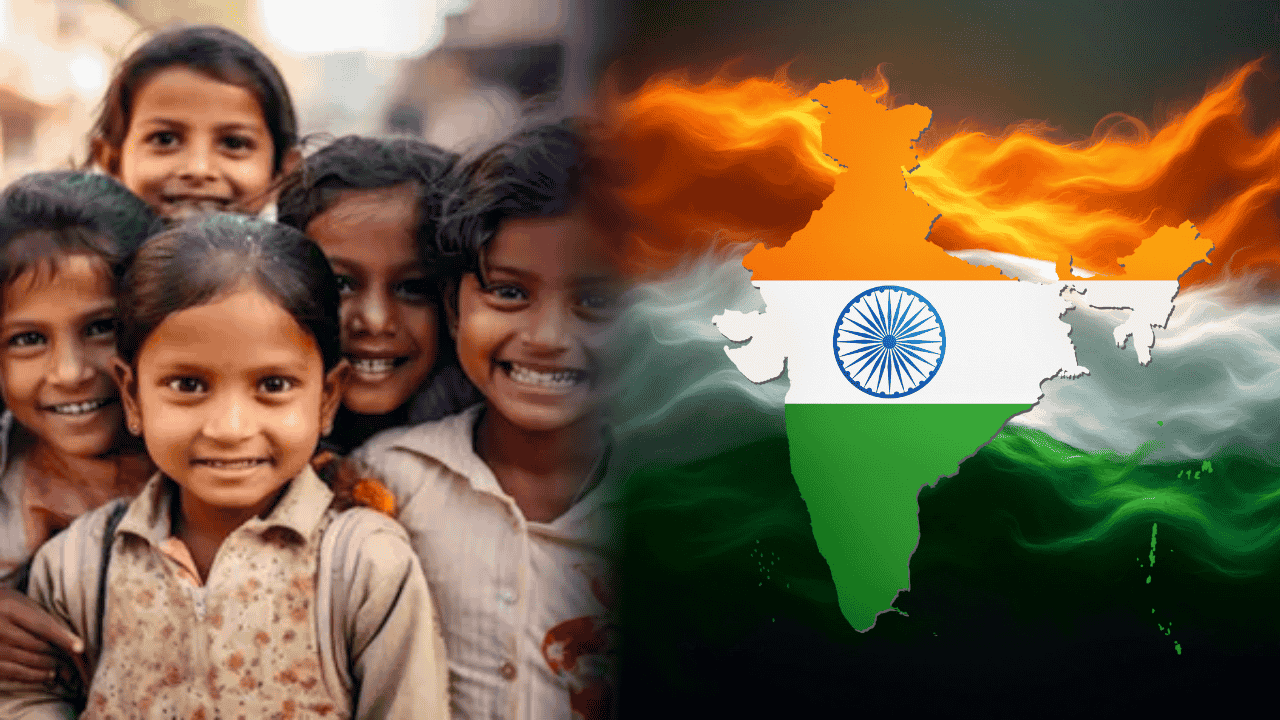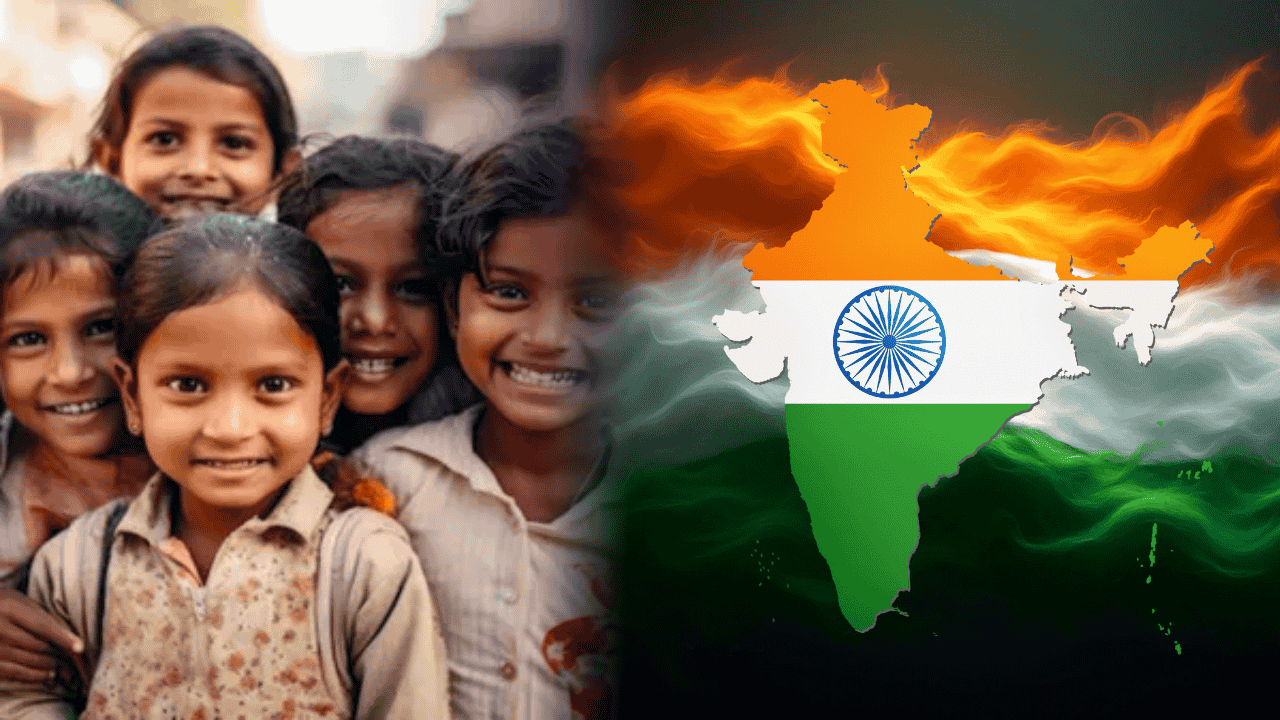Delimitation could disrupt India's federal balance. Learn why permanently freezing Lok Sabha seat allocation is essential for national unity and the stability of the Indian Union.
Introduction
The delimitation debate in India has gained momentum, especially after Tamil Nadu’s all-party resolution advocating for a 30-year freeze on seat reallocation. While many perceive this as a regional concern, the issue has deeper implications for national unity, democratic representation, and federal balance. This blog explores why maintaining the current Lok Sabha seat distribution is crucial for upholding India’s federal contract and preventing political and cultural divides.
Understanding the Delimitation Debate
Delimitation in India refers to the periodic redrawing of electoral boundaries based on population changes. The last reallocation of parliamentary seats was frozen in 1976 to encourage population control and maintain federal balance. With the 2026 delimitation deadline approaching, the question arises: Should we unfreeze it or permanently maintain the current distribution?
The Principle of ‘One Person, One Vote, One Value’
The Indian Constitution originally mandated equal representation, ensuring that each Member of Parliament (MP) represents a roughly equal number of citizens. However, significant population disparities exist today:
In Uttar Pradesh, one MP represents 32 lakh people.
In Kerala, an MP represents only 18 lakh people.
This means a voter in Kerala has almost twice the electoral influence of a voter in Uttar Pradesh. This discrepancy violates the core democratic principle but is justified under the broader need for federal stability.
Why a Permanent Freeze is Necessary
A fresh delimitation would significantly alter India's political power structure, favoring high-population Hindi-speaking states while reducing representation for Southern and Eastern states. This could deepen existing regional fault lines along cultural, economic, and political dimensions.
1. Cultural Fault Line: North vs. South
India’s Hindi-speaking North and non-Hindi South, East, and West have historically maintained distinct identities. A major shift in parliamentary representation could spark linguistic tensions, potentially unsettling India's unity in diversity.
2. Economic Fault Line: Unequal Development
The Southwest states (Tamil Nadu, Karnataka, Kerala, Maharashtra, Gujarat) have witnessed rapid economic progress, while North and Eastern states (UP, Bihar, MP, Odisha) still struggle with slower growth. Delimitation could amplify the political dominance of economically weaker states, leading to unfair redistributions of federal resources and policies.
3. Political Fault Line: BJP’s Rising Influence
With the BJP’s stronghold in North India and a weaker presence in the South, delimitation could further tilt political power towards the Hindi heartland. The reallocation of seats could lead to one-party dominance, undermining India's pluralistic democracy.
Who Gains and Who Loses from Delimitation?
A study by Milan Vaishnav and Jamie Hintson outlines the projected changes in Lok Sabha seats post-delimitation:
Winners (Gaining Seats):
Uttar Pradesh: +11 seats
Bihar: +10 seats
Rajasthan: +6 seats
Madhya Pradesh: +4 seats
Losers (Losing Seats):
Kerala: -8 seats
Tamil Nadu: -8 seats
Andhra Pradesh & Telangana: -8 seats
West Bengal: -4 seats
Odisha: -3 seats
This shift would give Hindi-speaking states an overwhelming advantage, making it harder for Southern and Eastern states to influence national policies.
The Concept of India’s ‘Federal Contract’
Unlike federal systems like the USA, where power-sharing agreements are written, India operates as a ‘Holding Together Federation’. The unwritten social contract that has balanced regional, linguistic, and political interests for decades could be disrupted by delimitation.
A permanent freeze on seat reallocation would ensure:
Protection of non-Hindi states' representation.
Stability in federal governance.
Avoidance of political hegemony by a single region.
Alternatives to Delimitation
Instead of reallocating seats, India could explore alternative representational reforms:
Increase Lok Sabha seats proportionally for all states rather than reducing some.
Implement bicameral balancing, giving the Rajya Sabha greater power to compensate for population-based inequalities.
Adopt weighted voting, ensuring that smaller states retain influence despite fewer seats.
Conclusion: Why Delimitation Should Be Cast in Stone
A fresh delimitation exercise is not just a routine administrative measure—it carries high stakes for India’s unity. The best way to honor the federal contract is to permanently freeze the current Lok Sabha seat allocation, ensuring fair representation for all states while preventing political and cultural imbalances.
By maintaining this status quo, India can continue to function as a stable, federal democracy, where every region, regardless of population size, retains its political voice and influence.
Stay updated with insightful analysis on Indian polity—Subscribe to Atharva Examwise!
By Team Atharva Examwise #atharvaexamwise








